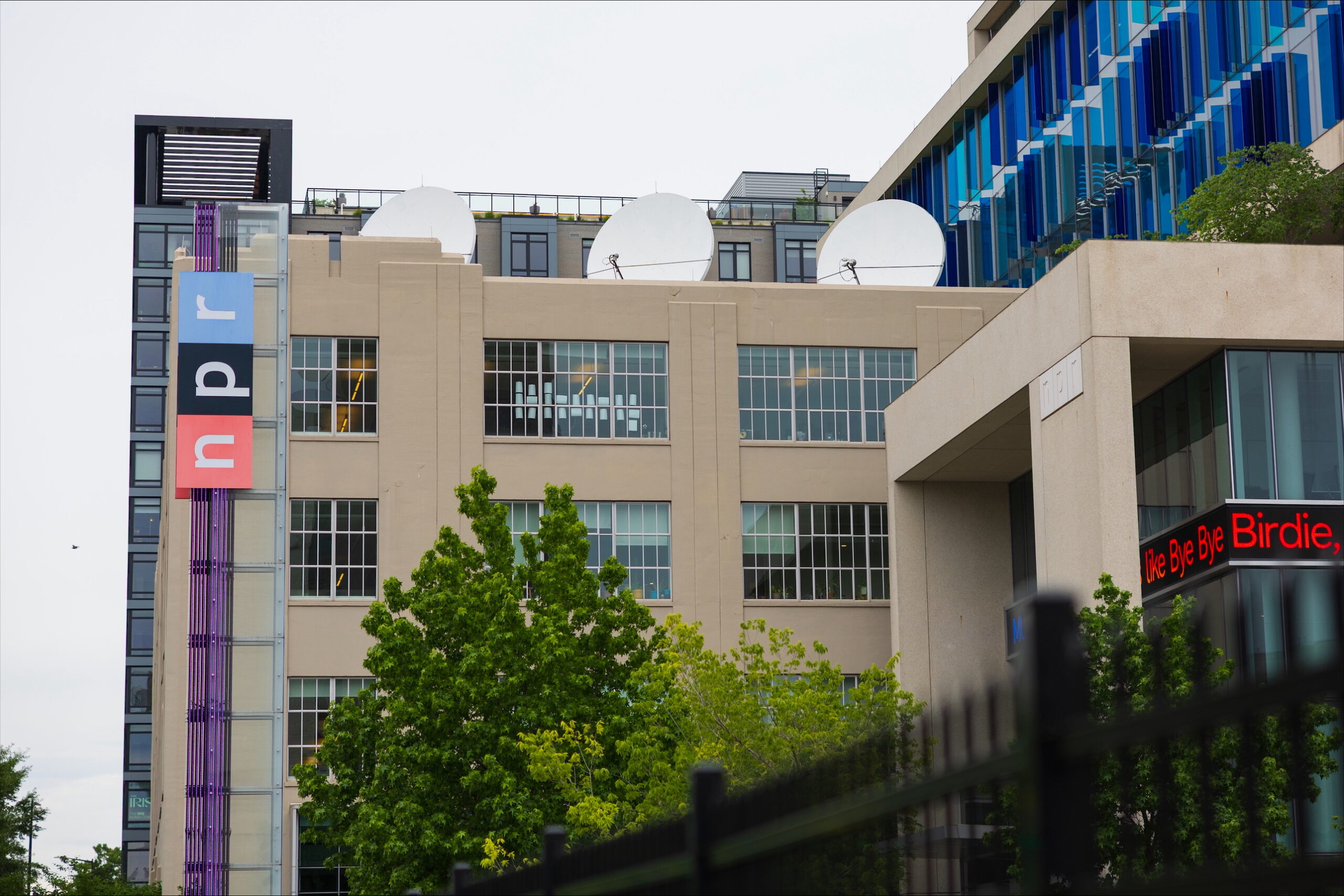Press Release
A Failure To Communicate: Katrina Pinpoints Dangerous Lapses in Our Communications Networks, Says Common Cause Report Released Today
Related Issues
A Failure To Communicate:Katrina Pinpoints Dangerous Lapses in Our Communications Networks, Says Common Cause Report Released Today
Washington, DC – A report released today by Common Cause examines the failures of U.S. telecommunications policy that resulted in communications breakdowns all along the Gulf Coast following Hurricane Katrina, and recommends reallocating a portion of our publicly-owned airwaves to public safety and the public good.
The report, “A Failure to Communicate: Katrina Pinpoints Dangerous Lapses In our Telecommunications Policy,” comes as Congress begins work this week on legislation to expedite the transition to digital television and enhance emergency communications. Loopholes in previous digital television transition bills have prevented public safety interests from gaining access to the airwaves they need to upgrade their communications systems.
New legislation is likely to set a “hard deadline” for television stations to return their analog spectrum – the airwaves that are considered by many to be “beachfront property.” But it remains unclear whether only special interests will benefit when these valuable airwaves are returned.
Common Cause and other public interest groups believe a portion of the airwaves should be set aside both for public safety, and to expand access to high-speed Internet to all Americans. Enhanced access to “beachfront” airwaves also requires action by the Federal Communications Commission (FCC) on pending rules to require their more efficient use.
“Increasingly the quality of our lives, and the safety of our communities will depend on our access to high-speed Internet,” said Common Cause President Chellie Pingree. “We depend on the Internet to look for work, to get information about voting and local government, to care for our health, to run a small business, and to advance in school. Our elected officials must do all in their power to ensure that the promise of new technology benefits our democracy and increases opportunities for all of us. Congress and the FCC must make telecommunications policy that truly serves the public interest first.”
Public use airwaves make it possible for local governments to build community wireless networks that spread high-speed Internet access over a wide area. Those wireless networks allow police, fire and rescue personnel to easily download street maps and floor plans of buildings, utilize text-messaging, transmit audio and video, and share up-to-the-second information. They also provide low-cost, high-speed Internet access to all community members – including small businesses, rural households, and low-income and minority families.
The report, “A Failure to Communicate,” is part of Common Cause’s continuing “Eye on the Gulf” campaign to hold government accountable in the aftermath of Hurricane Katrina.
Click here to read the full text of the report:http://www.commoncause.org/atf/cf/{FB3C17E2-CDD1-4DF6-92BE-BD4429893665}/FAILURETOCOMMUNICATE10-14-05.PDF
